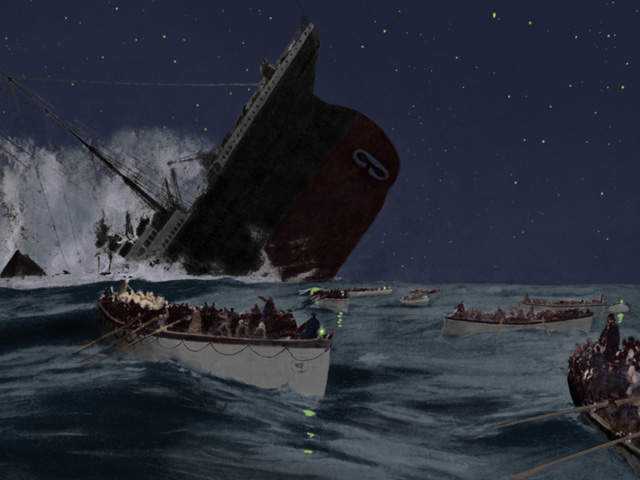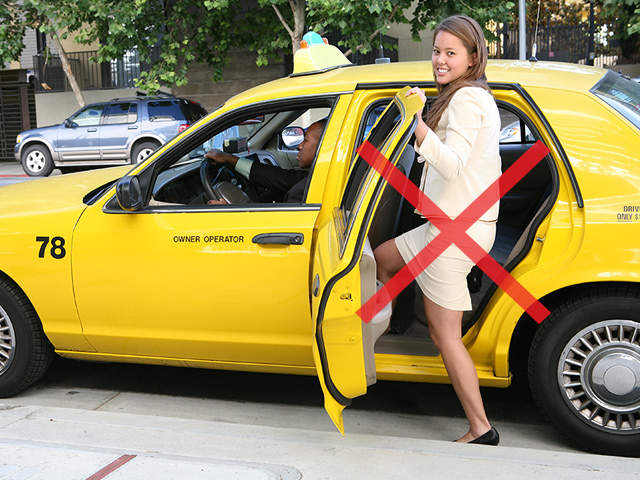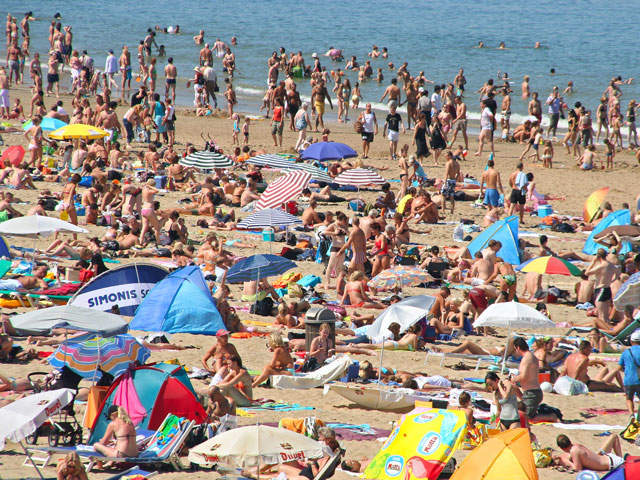Because, as, due to... (B2)
Expressing reason and cause (450)
Vyjádření důvodu a příčiny
Vyjádření důvodu a příčiny – procvičování:
Na Landigo máme další podobnou lekci: Because of, due to... (B1)
Let's meet soon because we need to plan the Christmas party.
|
Let's meet because we need to plan it.
|
|
As the party is in two weeks, we need to plan it.
|


Slovíčka, která vyjadřují příčinu a důvod (= proč se něco děje):
| Spojky |
|---|
| because (cause, cos), as, since, for, in that, inasmuch as |
| Předložky |
|---|
| because of, due to, thanks to, owing to, for, with |








Jako spojku nejčastěji použijeme BECAUSE nebo formálnější AS a SINCE:
| Let's meet because we need to plan the party. |
| As/Since the party is in two weeks, we need to plan it. |
AS/SINCE použijeme běžně, pokud je důvod známý a zaměřujeme se tedy více na výsledek:
|
As we are all here, we can plan it.
|
Protože (= Vzhledem k tomu, že) jsme všichni tady, můžeme to naplánovat. |
|
I will order a pizza, since there is nothing in the fridge.
|
Objednám pizzu, protože (jak víš) v lednici nic nemáme. |
BECAUSE použijeme běžně, pokud se zaměřujeme více na důvod:
|
We should meet because we need to plan it.
|
Měli bychom se sejít, protože (= důvod k tomu je takový, že) to potřebujeme naplánovat. |
|
I will order a pizza because there is nothing in the fridge.
|
Objednám pizzu, protože (= důvod k tomu je takový, že) v lednici nic nemáme. |
Robert couldn't send you the email because he didn't have an internet connection.
| Důraz na důvod: |
|
He couldn't send it because he didn't have internet.
|


As we have a great new teacher, more and more children are starting to learn Italian.
| Důraz na výsledek: |
|
As we have this teacher, they want to learn Italian.
|
|
Since we have this teacher, they want to learn Italian.
|


The Titanic sank because it hit an iceberg.
| Důraz na důvod: |
|
It sank because it hit an iceberg.
|


BECAUSE, nikoliv AS/SINCE, použijeme v jednoduchých větách a otázkách:
|
Why are we meeting tomorrow? – Because we need to plan the party.
|
|
Are you ordering a pizza because there's nothing in the fridge?
|
Why do you want to see dolphins? – Because they are quite fascinating.
| Jednoduchá věta: |
Because they are fascinating.
|
| As they are... | |
| Since they are... |


Are you laughing because I have chocolate on my shirt?
| Otázka: | Are you laughing because...? |
| Are you laughing as...? | |
| Are you laughing, since...? |


Porovnejte použití čárky:
|
I can't come because I'm busy.
|
Because I'm busy, I can't come.
|
|
I can't come as I'm busy.
|
As I'm busy, I can't come.
|
|
I can't come, since I'm busy.
|
Since I'm busy, I can't come.
|
There is no reason to take a taxi, since the bus station is just around the corner.
| There is no reason, since... |
| There is no reason because... |
| There is no reason as... |


Místo BECAUSE můžeme použít velmi hovorové CAUSE/COS:
|
I can't come cause I'm busy.
|
|
Take an umbrella cos it's raining.
|
Don't go to that beach cause it's too crowded now.
| Velmi hovorové: | Don't go there cause/cos... |
| Běžná angličtina: | Don't go there because... |


Ve formální angličtině vyjadřujeme důvod pomocí spojek FOR, IN THAT a INASMUCH AS:
|
Do not worry, for I will arrange everything.
|
Nebojte se, neboť vše zařídím. |
|
You have an easy life, in that you are wealthy.
|
Máte snadný život, protože jste bohatí. |
|
Inasmuch as the flight is delayed, we will probably miss the train.
| Jelikož je let zpožděn, pravděpodobně zmeškáme vlak. |
We decided to stop for a while, for everybody was utterly exhausted.
| Velmi formální: |
We stopped, for we were exhausted.
|
| Běžná angličtina: |
We stopped because we were exhausted.
|


BECAUSE OF, DUE TO a THANKS TO jsou nejběžnější předložky pro vyjádření důvodu. Jejich použití závisí především na kontextu:
| because of → jakýkoliv kontext |
| due to → neutrální/negativní kontext |
| thanks to → pozitivní kontext |
Podobný význam jako DUE TO má také formální OWING TO.
Porovnejte:
| The trip was cancelled because of/due to/owing to bad weather. | Výlet byl zrušen kvůli špatnému počasí. |
| We managed to book the trip on time because of/thanks to you. | Výlet se nám podařilo rezervovat včas díky tobě. |
Brian played absolutely incredibly! Thanks to him, they became champions.
| Pozitivní: | Thanks to him... |
| Because of him... | |
| Due to him... |


Due to my injury I was unable to finish the race.
| Negativní: | Due to my injury... |
| Because of my injury... | |
| Thanks to my injury... |


Po předložkách BECAUSE OF, DUE TO a THANKS TO lze použít:
- Podstatné jméno/zájmeno:
We lost the match because of Tom.
- Sloveso s -ING:
Because of Tom not playing well, we lost the match.
- Vedlejší větu začínající na WHAT:
Because of what happened, everybody was sad.
Did you avoid the traffic jam thanks to leaving early?
|
Did you avoid it thanks to leaving early?
|
|
Did you avoid it thanks to an early departure?
|


People from certain parts of Scotland can be very difficult to understand because of their strong accent.
|
I can't understand them because of their strong accent.
|
|
I can't understand them because they have strong accent.
|


Důvod lze také někdy vyjádřit pomocí předložek FOR a WITH:
|
With all these excellent photos, you could organise an exhibition.
|
Protože máš všechny tyto skvělé fotky, mohl bys uspořádat výstavu. |
|
You could organise an exhibition for so many excellent photos.
|
Mohl bys uspořádat výstavu díky tolika skvělým fotkám. |
FOR používáme pouze uprostřed věty, WITH na začátku nebo uprostřed.
Jacob is feeling much better for the surgery.
|
He is feeling better for the surgery.
|
| For the surgery, he is... |


With three brothers, I'm never bored.
|
With three brothers, I'm never bored.
|
|
Thanks to three brothers, I'm never bored.
|
|
Because I have three brothers, I'm never bored.
|


Doporučujeme si procvičit vyjádření důvodu a příčiny (expressing reason and cause) v našich cvičeních.
